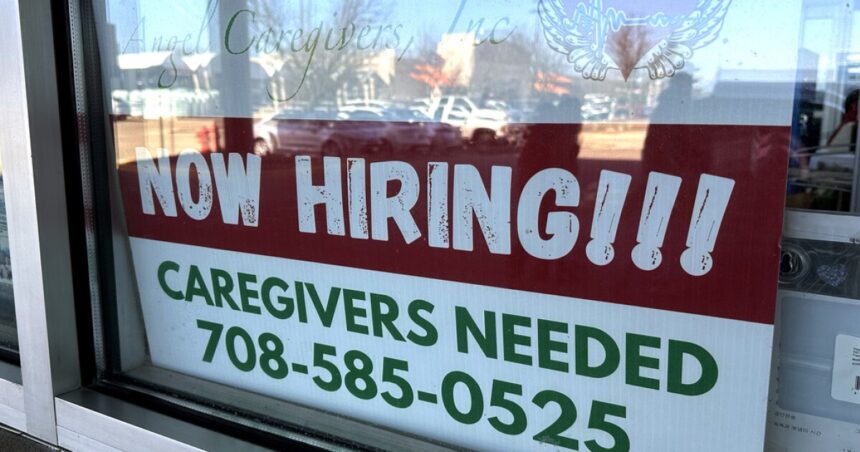The U.S. added 206,000 jobs during the month of June, indicating that the U.S. economy remains strong despite a prolonged period of high interest rates, according to new data from the Bureau of Labor Statistics.
Over the last 12 months, the U.S. has averaged 218,000 new jobs per month, bringing the total number of U.S. non-farm jobs to 158.6 million.
June job figures were still solid compared to recent historical standards. Over the last decade, the U.S. averaged about 164,700 new jobs per month.
Despite the recent strength of the job market, unemployment has increased to 4.1%. May marked the end of 27 consecutive months of unemployment below 4%, the longest period of low unemployment in over five decades.
In June, government gained 70,000 jobs, health care added 49,000 workers, social assistance employment increased by 34,000, and the construction industry added 27,000 jobs.
Related story: 4 in 10 companies have posted a fake job listing this year. Here’s why
Average hourly wages increased by 10 cents in June to $35. Workers are now making an average of $1.30 more than they were a year ago. Average weekly wages in June were $1,201, up from $1,159 a year ago. The 3.6% increase in wages is slightly outpacing inflation, as the consumer price index was up 3.3% compared to a year earlier in May.
While employment figures remain strong, not all Americans are benefiting. Polling from Gallup found that 48% of Americans believed the state of the economy was “poor” in June, with only 3% saying it was “excellent,” 28% saying it was “good,” and 28% saying it was “only fair.” Additionally, 69% of Americans believed the economy was worsening in June, while 26% believed it was improving.
One possible reason for the negative sentiment towards the economy is that many Americans are facing increased levels of debt. Officials have noted a concerning rise in credit card debt and delinquencies among Americans.





